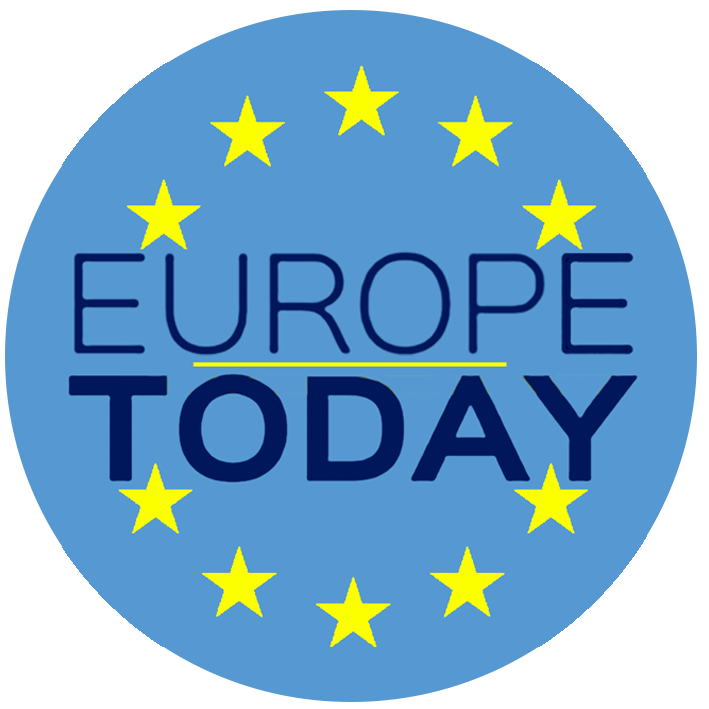An exclusive article by Enrico Letta, Former Prime Minister of Italy, for Europe Today

The impending European elections in May will mark one of the most important democratic moments in the history of European integration. The context today is radically different from 2014, when we last voted to elect our representatives in Strasbourg. I have no doubt that the 2015-2016 two-year period – with the migration crisis, Brexit, and the election of Donald Trump in the United States – will be remembered as one of most relevant watersheds in European history, just as the fall of the Berlin Wall was in 1989. Its most obvious implication is the impossibility of going on business as usual. Surely enough, all three aforementioned events are closely linked to the key challenges that Europe will have to face.
Among the many effects that Brexit will have on the EU27 a particularly tangible one deals with the next multi-annual budget, which will cover the seven years from 2021 to 2027. As the British are major net contributors, their departure will reduce available resources just when interventions and policies at the European level are increasingly needed. It will be necessary to divert funds from certain areas to others and prioritize the most pressing issues, many of which did not have the same scale as now, when the current budget was negotiated in 2013. I am referring, for instance, to the fight against terrorism, the management of migrations, the environmental transition and the adverse effects of globalization.
The last two – environmental sustainability and trade policy – became even more central after Trump’s arrival at the White House. American protectionism is accelerating the European pivot towards Asia, where most of the global economic growth will be take place in the coming years. We therefore need five years during which the Union will need to succeed in creating the conditions to benefit from the openness towards the East, while setting up appropriate precautions. What new generations of trade agreements can we strike with the largest Asian and South East Asian countries? We must prevent the issue from causing fear in our public opinions and watch over unfair competition practices. The renovation of multilateralism depends upon our ability to keep together openness and capital flows with safeguard mechanisms to preserve a rule-based system.
When thinking about how multilateralism is essential for the world, there is no greater example than climate change, which is the other matter Trump has called into question. The success of the Paris Agreements was reaching a global commitment by gathering a widespread support. Indeed, achieving results on such a large scale requires the certainty that everyone is moving in the same direction. This is why the withdrawal of the United States is a regrettable decision: not only are they – together with China – the main CO2 emitters, but their actions are also slowing down the whole process. This concerns each and every one of us. Now, what to do? Here is where, conceptually, the words “Europe” and “sustainability” merge: we must take on global leadership in the fight against Climate Change and avoid at all costs a dangerous domino effect. Yet, leadership is possible, only if we are united and irreproachable.
Unfortunately, this has not been the case on migrations. On this topic, Europe runs an existential risk if we do not find common responses at the EU level. The starting point is, in my view, a strong signal from the new European Commission. The first appointment by its new President should be a “super” Vice-President fully dedicated to this vital issue, which I refer to as a “Mario Draghi of migrations”. That is to say an institutional figure with powers and margins of intervention comparable to those that allowed the governor of the European Central Bank to make the decisive response to the economic and financial crisis, and thereby saved the euro.
Migration is perhaps the most important of all matters, because it directly touches on the key concept defining our current age: identity. This word has become a taboo because it is often used in a divisive way, to emphasize the tensions within our societies. Yet, I am convinced we should not be afraid of talking about it; it is simply too important to be ignored. Indeed it defines who we are. What is essential is rejecting the idea of that identities are mutually exclusive: we all have more than one! In my case, I am from Pisa, but I also feel a strong attachment to my region, Tuscany. On top of that, I am proud to be Italian as well as European.
The reflection about Europe’s future should therefore start from the idea that our civilization builds upon common values that unite us. These values have deep roots in the history of our continent and it is thanks to them that over the centuries, Europe has become a space of diversity, where multiple identities and experiences coexisted. This is what makes Europe a unique adventure in the world. And this is why the effort of bottom-up initiatives such as Europe Today and Stand Up for Europe Today is critical to remind us of these aspects.
Too often we forget that a united Europe is the most ambitious project of the last century and its realization requires courage, determination and a lot of imagination. It is the most ambitious because it attempts to integrate in a fundamentally different way than the past: it does not take place through war and coercion, but through free and democratic choices.
Enrico Letta
Dean, PSIA Sciences Po
Former Prime Minister of Italy
Founder, Identity & Democracy: Budapest European Agora

